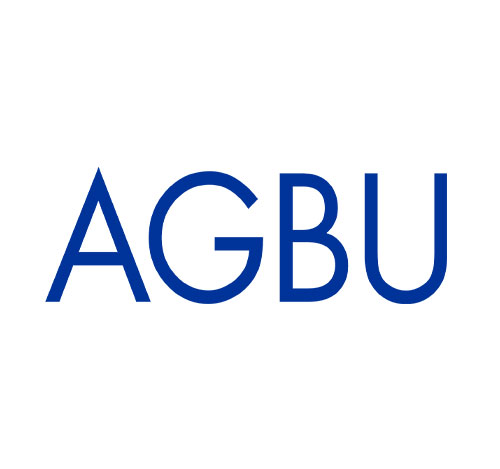After the independence of Armenia in 1991, the scope of AGBU’s operations in Armenia expanded dramatically with an eye to modernizing the country socially and economically. Having already established an office in Yerevan a year prior, the initial goal was to provide the nation with resources needed in its early independence. Under the leadership of AGBU President Louise Manoogian Simon, among the many major achievements was the founding of the American University of Armenia in 1991, the first U.S.-accredited institution in the former Soviet Union. Projects devoted to cultivating an active cultural life also represented a significant part of the organization’s efforts. Subsidies to individual artists, theater groups, and music ensembles, notably the Armenian Philharmonic Orchestra, all helped to create a sense of normalcy in the midst of instability and political turmoil in the young republic.
To encourage the human capital potential of Armenia and Artsakh, AGBU launched diverse socioeconomic programs aimed at empowering local Armenians to strengthen the country from within. Mentorship programs like AGBU Women Entrepreneurs (W.E.) Program, a free leadership and entrepreneurship course aimed at mobilizing women, and agricultural programs, like AGBU Fields of Hope and AGBU Olive Tree Orchards, supporting local farmers through the Fund for Artsakh, have defined the work AGBU has done to empower all Armenians to participate in civic life.


